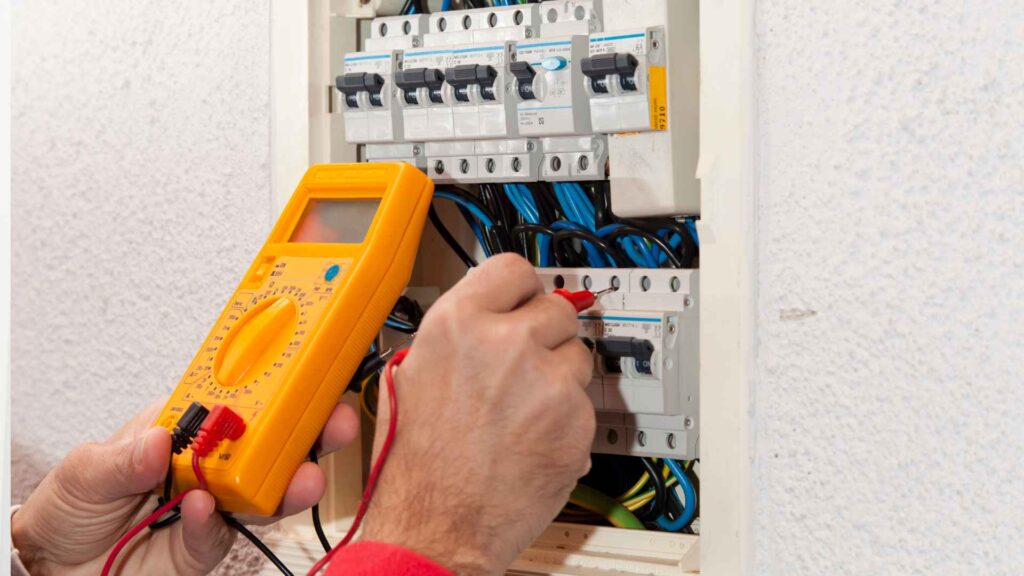It’s a set-top! It’s a home server! It’s a digital hub! Whatever you call it—a souped-up cable box or a hard-disk recorder with wings—companies know that whoever gets it right will rule the entertainment gateway to the home.
More than a half-dozen companies so far are scrambling for the billions of dollars they hope to reap by offering consumers a single machine to handle their home entertainment needs. 7.HomeVideo.f3The companies agree on what the machine should do: record, archive, and play back video and music, organize digital photo albums, and distribute digital media around the home. Where they disagree is on what shape that machine should take.
As might be expected, each company is casting this new species in its own image. To Apple and Microsoft, it looks like a computer. To cable and satellite companies like Charter, Echostar, or DirecTv and their suppliers, it’s a set-top box. To consumer electronics companies like Philips or Samsung, it’s a stereo component.
Visions abound. Samsung Group (Seoul, South Korea), for example, is betting that some of the people buying high-end DVD players (the overall DVD market almost doubles every year) will gladly pay a few dollars extra for a hard disk that turns their player into a personal video recorder (PVR) while acting as a storage bin for digital photos and audio files ripped from CDs. At the other end of the gamut, Microsoft Corp. (Redmond, Wash.) is pushing utopian schemes of a home controlled by wireless touch screens with computers serving video and audio to any TV or PC screen in the house.
And in a new twist on an old product, some European Linux hackers are working on software that will record and play video and audio using cast-off PCs from the late 1990s. Those who would benefit from this effort are the truly fearless people who can build their own digital entertainment centers by downloading the right code and cobbling together surplus parts.
Just as companies disagree about what kind of device this new convergent gadget may be, they also differ on what to call it. Going for the most generic, for this article IEEE Spectrum will use the expression “digital hub,” a term coined by Apple Computer Inc.’s chief executive officer Steve Jobs.
Although digital hubs may be kin under the surface, what they do will differ enormously. Their use depends on the product line they emerge from: computer, video recorder, satellite or cable box, DVD player, or even a game console. While home computer and audio and video systems are finally converging—and sometimes colliding—so are ideas about computer and software architecture, business plans, and intellectual property protection.
In shaping digital home entertainment, several crucial issues must be addressed. How will different pieces of software written by competing companies work together? Who will pay for the digital hubs and put them in homes? Who owns the material stored on a hub’s hard disk, and who, legally, can control how it is transferred and displayed?

